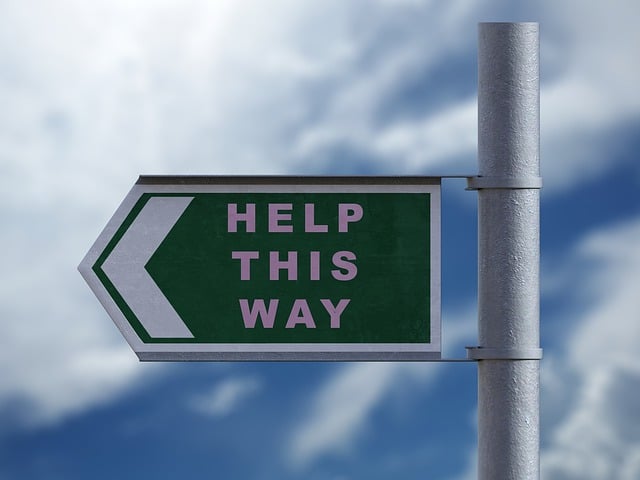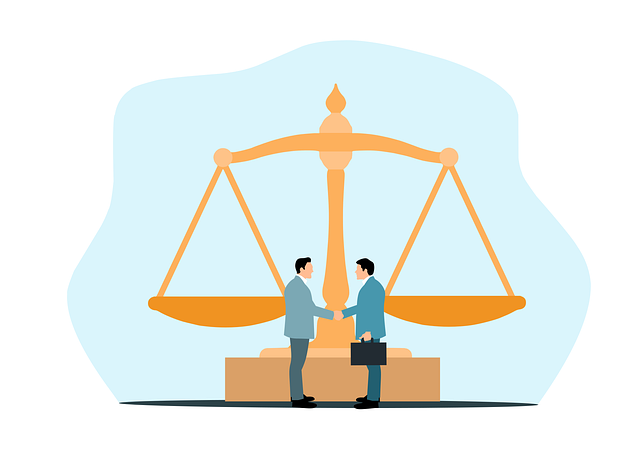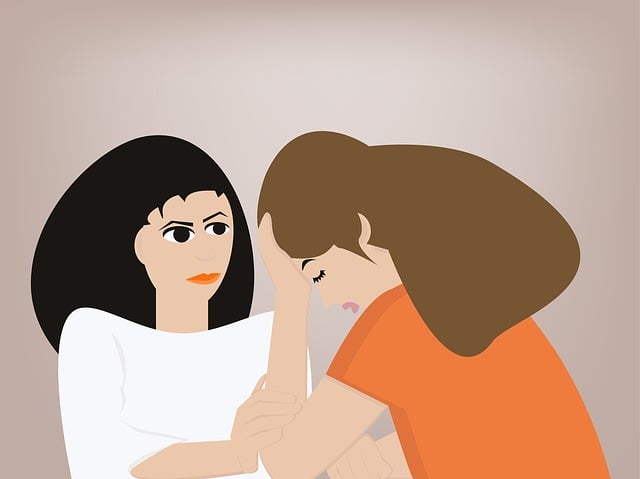Product liability compensation is a legal tool that holds businesses accountable for defective products, driving industry practices towards enhanced safety. Consumers who suffer harm due to such products can file lawsuits, leading to settlements or verdicts covering medical expenses, lost wages, and punitive damages. This process not only provides justice but also pushes companies to improve their product safety standards through rigorous testing, quality control, and transparent communication. Public awareness and landmark cases have played pivotal roles in driving industry reforms, ultimately aiming to create a safer marketplace for consumers.
Product liability compensation plays a pivotal role in shaping industries’ future. When consumers suffer harm due to defective products, legal mechanisms like product liability laws ensure they receive fair compensation. This article explores how such compensation not only offers redress to victims but also serves as a potent catalyst for industry reform. We delve into the interplay between legal perspectives, public awareness, and policy changes, revealing how product liability compensation can drive transformative reforms in affected sectors.
- Understanding Product Liability Compensation: A Legal Perspective
- Impact on Industries: How Compensation Drives Reform
- The Role of Public Awareness and Policy Changes
Understanding Product Liability Compensation: A Legal Perspective

Product liability compensation is a legal concept that plays a pivotal role in shaping industry practices and reform. At its core, it refers to the financial responsibility businesses bear for any harm caused by their products. This type of compensation serves as a powerful incentive for manufacturers and retailers to ensure product safety through rigorous testing, quality control measures, and transparent communication with consumers.
From a legal perspective, understanding product liability compensation involves navigating complex frameworks of tort law and contract disputes. When a consumer suffers injury or illness due to a defective product, they may have grounds to file a lawsuit against the manufacturer or seller. Such legal actions often lead to settlements or verdicts that can include monetary damages for medical expenses, lost wages, pain and suffering, and punitive damages to deter future negligence. This process not only provides recourse for affected individuals but also prompts businesses to reassess their product liability management strategies, ultimately driving industry-wide reform in product safety and consumer protection.
Impact on Industries: How Compensation Drives Reform

Product liability compensation plays a pivotal role in shaping industries and fostering reform. When consumers are awarded damages due to defective products, it sends a powerful signal to manufacturers and producers. This financial consequence can act as a catalyst for much-needed changes in safety standards, product testing, and quality control measures. Industries often face significant pressure to improve their practices to avoid similar future compensation claims.
For instance, settlements or verdicts in wrongful death cases stemming from auto accidents have led to groundbreaking reforms in the automotive industry. This has resulted in stricter regulations, enhanced vehicle safety features, and improved product liability laws. Similarly, partnerships disputes involving defective products can drive collaborations between businesses, lawyers, and regulatory bodies to establish better guidelines and protect consumers. As a result, industries become more accountable, leading to a safer and more responsible marketplace.
The Role of Public Awareness and Policy Changes

Public awareness plays a pivotal role in shaping the landscape of product liability compensation and subsequent industry reform. When consumers are well-informed about their rights and the potential for serious injuries resulting from defective products, it fosters a sense of accountability within the industry. This increased awareness often leads to policy changes, as governments and regulatory bodies recognize the need for stricter regulations and enhanced safety standards to prevent future harm.
As more individuals file personal injury claims due to product failures, the financial implications on manufacturers and retailers become significant. These legal consequences can prompt businesses to reevaluate their practices, resulting in improved quality control measures and a proactive approach to risk management. Ultimately, such industry reforms aim to reduce the incidences of serious injuries and ensure consumer safety through better product design and testing procedures.
Product liability compensation plays a pivotal role in shaping industry reform by holding manufacturers accountable for defective products. As public awareness and legal perspectives continue to evolve, so does the potential for significant industry changes. Understanding the impact of compensation not only helps consumers but also drives innovation and safety standards, ultimately leading to a more responsible and reformed market.






